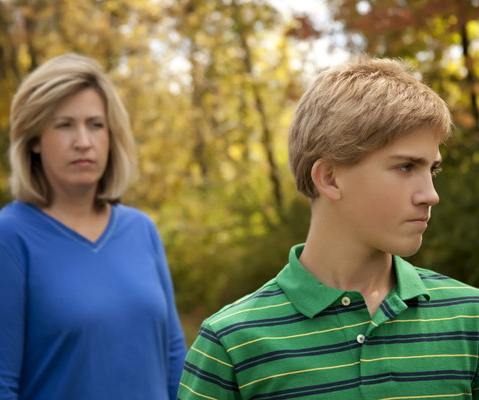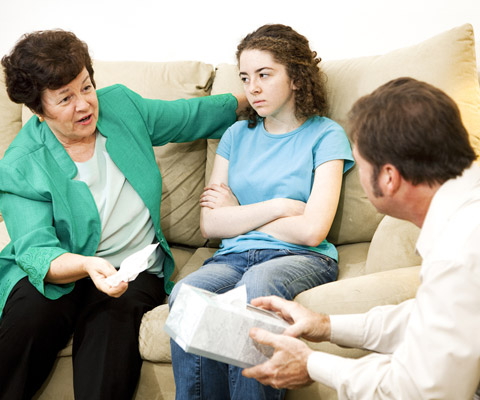Health Communication and Young People: Setting the Scene for GP/Family Medicine professionals



Young people, parents, and health professionals each enter any health consultation with their own agenda and preconceived ideas. These will have an impact on the communication that subsequently takes place. In this session we describe some of the attitudes, emotions and issues that may affect the consultation and suggest ways by which it is possible to influence these in order to achieve a more positive outcome.
Learning Objectives
By the end of this session you will be able to:
- List some of the attitudes and ideas that young people, parents and health professionals have about communicating with each other
- Consider how your expectations about a consultation will influence effectiveness
- Consider how to create opportunities to meet with young people in independent consultations
- Evaluate when it is important to meet with young people alone
The foundations for any health consultation are set long before the young person enters the health professional's consulting room. Previous consultations, hopes, expectations, and stereotypes all influence the emotions and attitudes of each individual in the room, and eventually the outcome of the meeting. The young person may arrive on their own or with parents and sometimes their friends. However, even when a young person comes to the consultation on their own, the thoughts, feelings and opinions of their parents may influence both the conversation and the required action.
Before commencing this session you should complete the following AH session:
- 04_001 Communication Skills in Young People (401-0018)
Dr Deborah Christie is a Consultant Clinical Psychologist, Honorary Reader and Clinical Lead for Paediatric and Adolescent Psychological Services at University College London Hospitals NHS Foundation Trust. She works with young people searching for ways to live with chronic illness including diabetes, obesity, arthritis, chronic fatigue and chronic pain syndromes. Current research interests include neuropsychological outcomes in children and adolescent survivors of meningitis, quality of life measures in chronic illness and the development of effective multidisciplinary interventions for diabetes and obesity in children and adolescents.


Dick Churchill is a GP in Nottingham and former Associate Clinical Professor at the University of Nottingham. He has both clinical and academic interests in the health of young people and in mental health issues. He is a member of the RCGP Adolescent Health Group and a founder of the Association for Young People’s Health.
- Health Promotion in Pregnancy (Smoking) Part 1: Ba...
- Posted By eIntegrity Healthcare e-Learning
- Posted Date: 2025-01-28
- Location:Online
- This session presents the attitudes towards smoking and reasons why people smoke, the impact of side...
- Basic Principles of Health Promotion course for Ge...
- Posted By eIntegrity Healthcare e-Learning
- Posted Date: 2025-01-28
- Location:Online
- This session provides foundational principles for promoting health and explores health promotion mod...
- Obese Toddlers and Infants course for General Prac...
- Posted By eIntegrity Healthcare e-Learning
- Posted Date: 2025-01-28
- Location:Online
- After completing the session you will understand the usual causes of obesity in very young children,...
- Feeding Children with Development Difficulties cou...
- Posted By eIntegrity Healthcare e-Learning
- Posted Date: 2025-01-28
- Location:Online
- This session explores the difficulty children with neurological disabilities commonly encounter with...
- The Social Context of Food course for General Prac...
- Posted By eIntegrity Healthcare e-Learning
- Posted Date: 2025-01-28
- Location:Online
- As healthcare practitioners we often feel we know what infants and young children should be eating, ...








